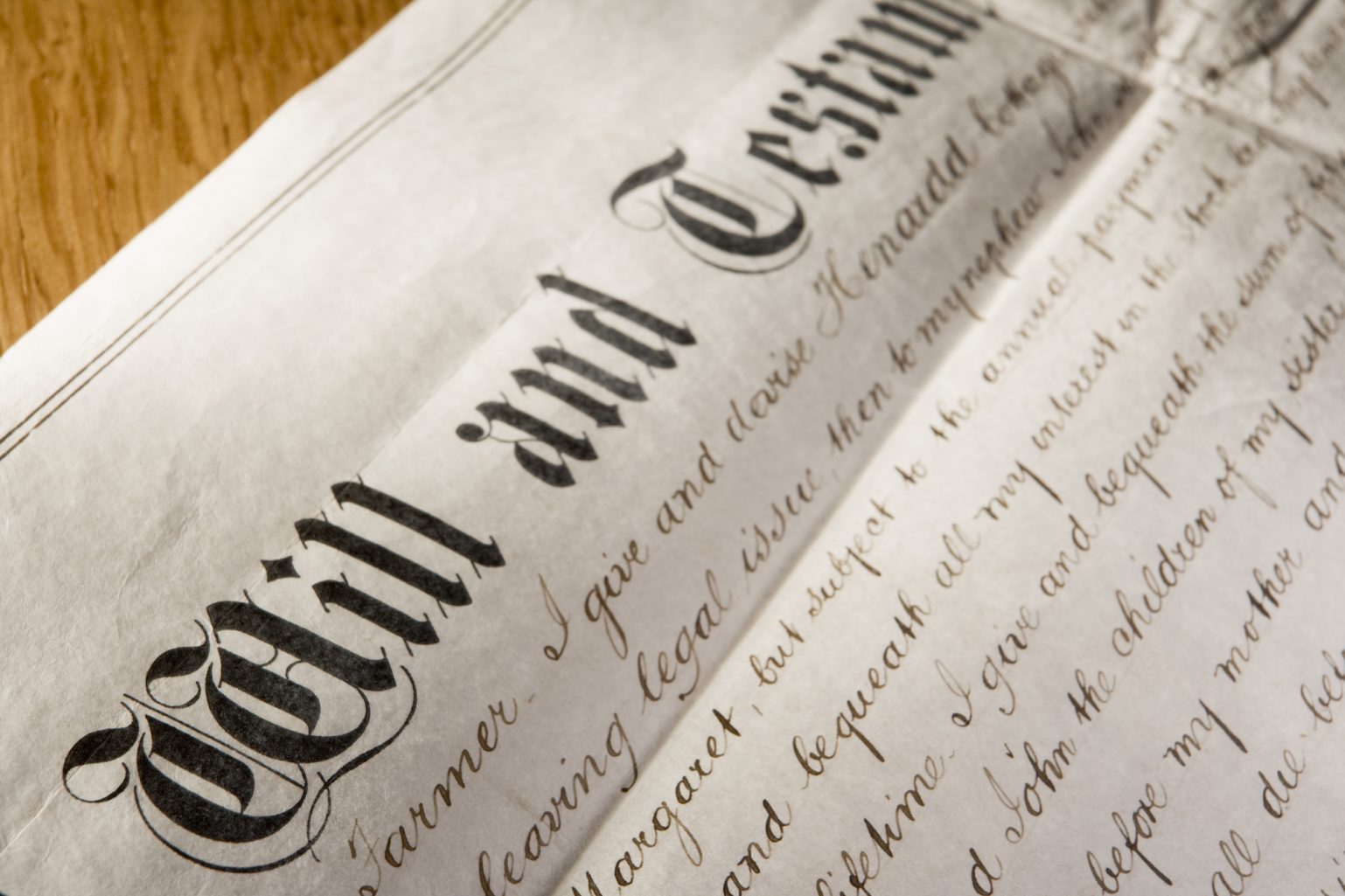5 Powerful Estate Planning Forms You Need Today
Thinking about death may be the last thing you want to do.
But maybe it’s the first thing you should do, going forward.
Research shows that over half of people in the United States do not have comprehensive estate plans in place. But that doesn’t mean you have to be a part of this statistic.
Estate planning forms protect you, your family, and all of your assets in the event of your death. And no matter how young you are, let’s face it — death can strike at any moment.
Here’s a rundown on five estate planning forms you shouldn’t go another day without.
Let’s get started!
1. Important Estate Planning Forms Include the Will
Last wills and testaments are legally binding documents that outline who will get certain assets of yours when you die.
Your will is one of the most essential parts of any estate plan. If you don’t have a will in place at the time of your passing, then your state will end up determining how your assets will be distributed.
In other words, the state gets the last say in what happens to the assets you’ve worked so hard to accumulate over the course of your life — not you.
This is a problem because you may, for instance, have certain individuals you’d like to exclude from the distribution of your assets. Or maybe you’d like to be extremely specific about which individuals should receive what.
In your will, it’s also critical that you appoint somebody to be your estate’s executor or your legal representative. This person will help with carrying out your wishes listed in your will.
Furthermore, if your children are minors, a will allows you to name a guardian for them when you pass away.
Keep in mind, though, that wills cover only probate property — property that must go through the court probate process. Other types of property — those with named beneficiaries — do not go through probates, such as life insurance, your 401(k) and your Individual Retirement Account.
2. Living Trust
Living trusts are also beneficial components of estate plans because a trust can help you with managing your estate not just after your death but also before it.
In addition, a trust can help your estate to avoid the probate process, which can be lengthy and costly.
With a trust, you’ll appoint somebody to serve as your trustee, who’ll manage the items you have in your trust. You’ll also name beneficiaries to receive the assets in your trust once you pass.
Setting up a trust can save your beneficiaries a great deal of money and time when you pass away. Some trusts also offer the advantage of coming with tax advantages for you and your beneficiaries. In addition, you can use a trust to protect your property from creditors so that you can qualify for Medicaid.
3. Financial Power of Attorney
Your financial power of attorney allows you to appoint somebody to handle your financial affairs in the event you become incapable of handling them yourself.
This is critical because if no power of attorney is set up, you’ll have no one to represent you. In this situation, a court could appoint a guardian or conservator to tackle your financial matters.
However, this court-appointed individual would constantly have to check with the court before making a move — an inconvenience that a power of attorney wouldn’t have to worry about. In addition, the person whom the court appoints may not necessarily be the type of person you’d like handling your affairs.
4. Advanced Health Care Directive
This document would be extremely important if you were ever to become incapable of making your own health care-related decisions.
An advanced health care directive establishes for you a living will, which documents which healthcare treatments you wish to receive or avoid when you near the end of your life.
For instance, let’s say you do not want to be resuscitated in certain circumstances. You can spell this out in your directive to make sure that your wishes are upheld.
5. Health Care Power of Attorney
This document allows you to designate somebody to serve as your representative if you cannot communicate decisions regarding your medical care.
Because this person essentially has your life in his or her hands, it’s paramount that you choose someone whom you trust to make decisions that are in your best interest.
Health care powers of attorney go farther than living wills in that they help people who are temporarily unconscious, for example. Meanwhile, living wills apply only to those who are permanently unconscious, terminally ill, or experiencing other types of end-stage conditions.
However, you could combine both of these types of documents into a single document.
Your health care power of attorney may be relatively broad or could explicitly limit the kinds of decisions that your chosen health care agent can make. It’s totally up to you.
How We Can Help
We are a leading law firm with extensive experience in helping clients to complete essential estate planning forms.
Many asset owners may be tempted to use do-it-yourself estate planning forms they find online. The problem with this is that you may fill out your forms incorrectly. On top of this, you may not effectuate your estate plan.
For instance, if you set up a trust, it’s not enough to simply draft a trust agreement. You also have to transfer your estate’s assets into your trust for it to work for you.
Because we understand the ins and outs of the estate planning process, you can rest assured that every “T” will be crossed and every “I” will be dotted with every document we create for you.
Get in touch with us to find out more about how we can help you to protect your property and loved ones’ best interests long term through well-thought-out estate planning.






Leave a Reply
Want to join the discussion?Feel free to contribute!